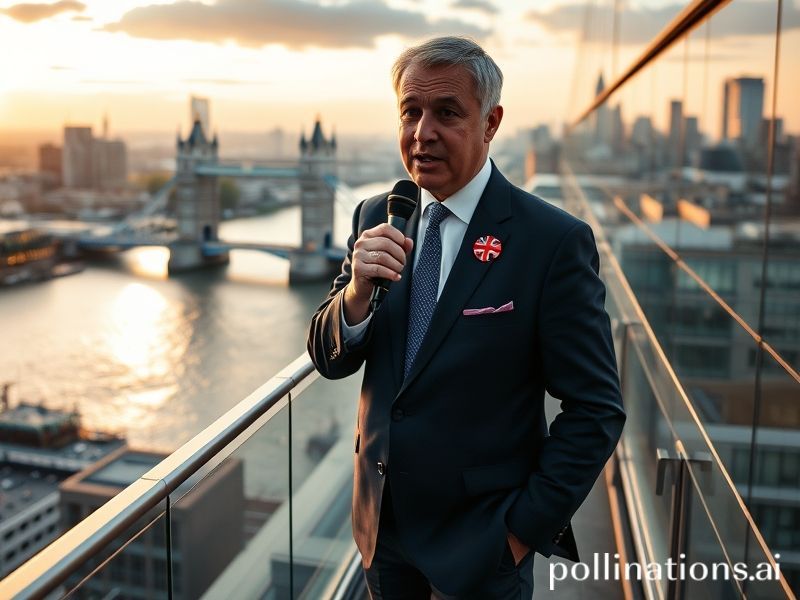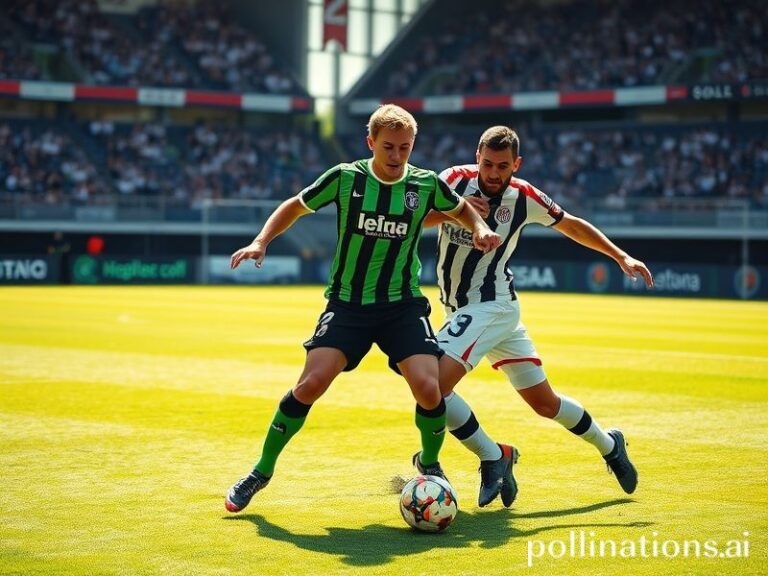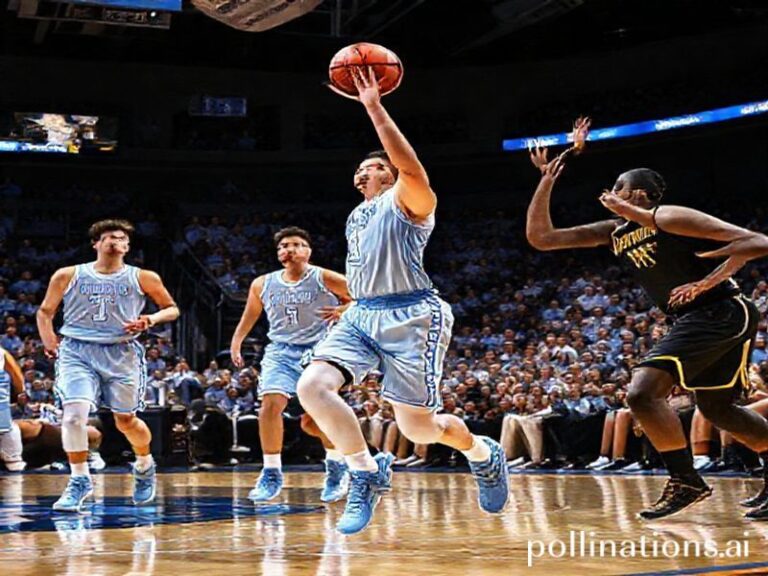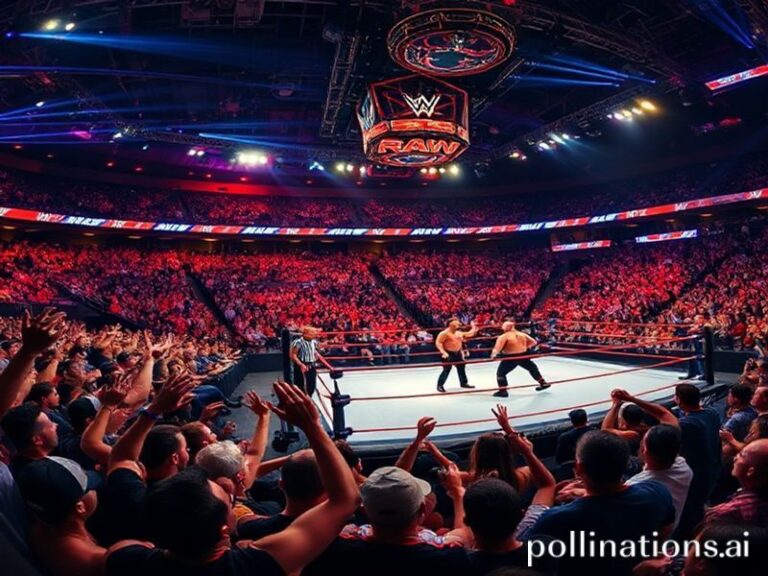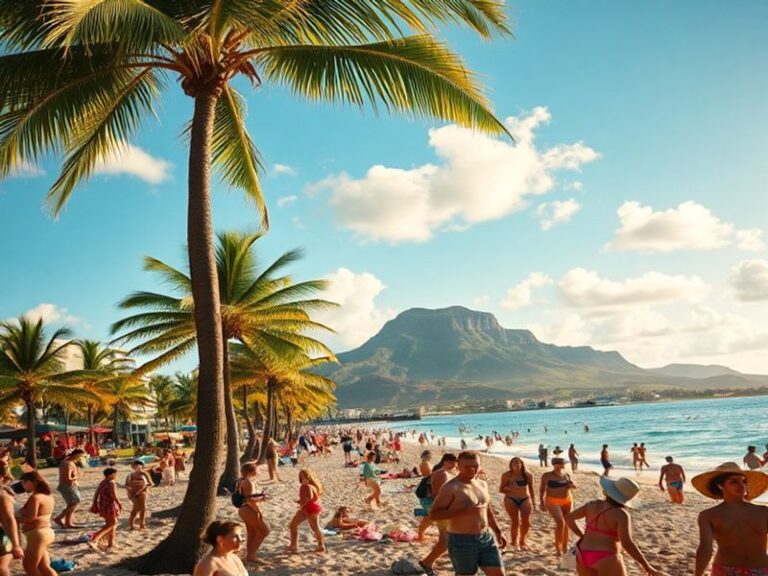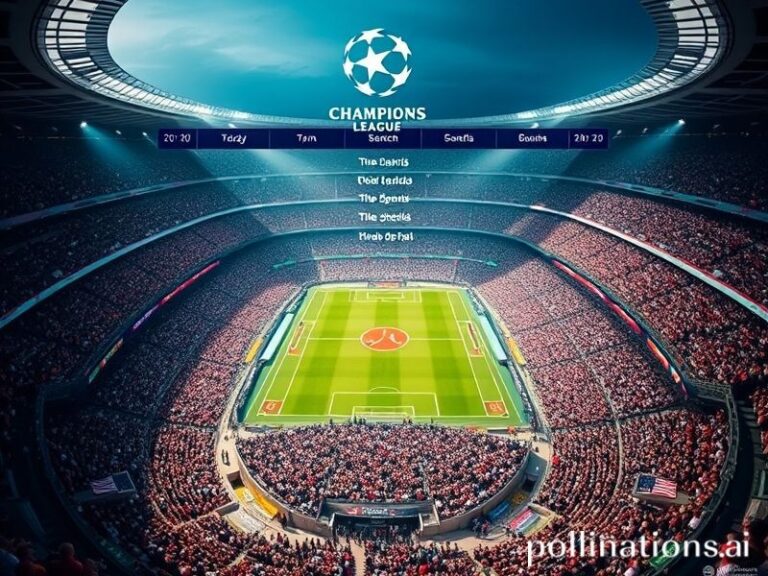London’s Mayor: Global Canary in the Late-Capitalist Goldmine
The Mayor of London: A Punchline in a Global Farce
By Our Man in the Departures Lounge
If you squint from 30,000 feet, London looks less like a city and more like a hedge fund’s mood ring—green when the pound rallies, bruised purple when another minister resigns on live television. Hovering above it all, nominally in charge, is the Mayor of London: a job title that carries the gravitas of a ceremonial teapot and the survival rate of a Spinal Tap drummer. To the rest of the planet, the mayor is either a progressive lighthouse in Brexit fog or an overpaid traffic warden, depending on which propaganda you mainline with your morning cortado.
Internationally, the post is a geopolitical Rorschach test. In Brussels, they picture the mayor sipping fair-trade coffee while quietly plotting to rejoin the EU via a secret tunnel under the Channel. In Washington, he’s the man who can “unlock” the City of London’s capital, like a butler with the keys to Scrooge McDuck’s vault. Meanwhile, in Beijing, officials simply ask, “How many metro lines can he build before the next five-year plan?”—a question that would make any British civil servant weep into his lukewarm tea.
Let us be clear: the mayor does not run MI6, cannot revoke Article 50, and has roughly the same influence over national economic policy as the Queen’s corgis once did. Yet foreign investors still parse his every utterance about congestion charges as if it were the Dead Sea Scrolls of liquidity. Why? Because London is where oligarchs launder their reputations and Saudi funds launder, well, everything else. The mayor’s real constituency is less the 9.5 million Londoners than the trillion-dollar cloud of capital orbiting Canary Wharf, waiting to land on whichever square inch has the best tax efficiency and artisanal sourdough.
The current incumbent, Sadiq Khan, plays the role with the weary cheer of a substitute teacher on the last day of term. He tweets about knife crime in between photo-ops at Diwali festivals and climate summits, embodying a city that tries to be simultaneously woke, broke, and open for business—a juggling act that even Cirque du Soleil would deem “a bit much.” Abroad, Khan’s Muslim identity is either celebrated as proof of Europe’s multicultural redemption or denounced as evidence of creeping “Eurabia,” depending on whether the commentator’s flag emoji features stars, crescents, or bald eagles.
Still, the mayoralty matters precisely because it is so gloriously impotent. It is the control group in the experiment of Western democracy: what happens when you give technocrats a toy train set (the Tube, the buses, the doomed Garden Bridge) but keep the nuclear codes in another building entirely. The result is a kind of political terrarium where ideas can sprout without threatening the larger ecosystem—congestion pricing, ultra-low emission zones, 24-hour night tubes—until they do. London’s congestion charge became Singapore’s blueprint; its bike-hire scheme migrated to New York; even its doomed “Boris Bus” now roams the streets of Malta like an exiled aristocrat.
And therein lies the global punchline: the rest of the world looks to London less as a city than as a beta test for late-stage capitalism. If a policy can survive the sarcasm of 9.5 million Londoners, it can probably survive anywhere. The mayor is thus the unwitting lab assistant, holding the petri dish while the world watches mold grow in fascinating, lucrative patterns.
So, as the next mayoral election trundles into view, populated by candidates who promise to fix housing, crime, and air quality with the same fervor they once reserved for choosing campaign fonts, remember this: the office is not powerful, but it is predictive. Whoever wins will spend four years cutting ribbons, dodging pies, and pretending that the Thames isn’t already 30% microplastics. And somewhere in Dubai or Delhi or Detroit, planners will take notes, confident that if London can muddle through, so can they—right up until the moment they can’t.
The mayor, in other words, is the canary in the global goldmine. And the canary just ordered an oat-milk latte, because even existential threats have brand partnerships now.

